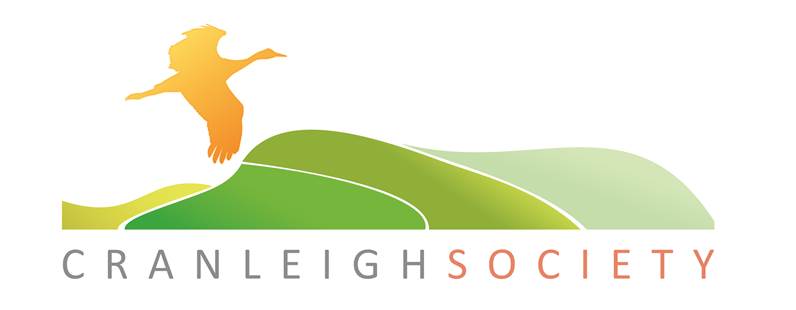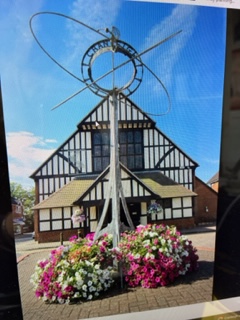After Rob Kerby’s presentation on the 16 July we have had several requests for a brief guide to ‘affordable housing’ so here goes.
Social housing is affordable housing – accommodation that is affordable to meet the needs of people who do not have sufficient income to pay for open market housing to rent or buy. It is similar to the old council housing scheme.
Social housing is allocated on the basis of need. Unlike in the private rented sector, where tenancies are offered to whomever the landlord chooses, social housing is distributed according to the local council’s allocation policy. Since the Localism Act 2011, councils can decide who is or isn’t eligible to go on the waiting list for social housing. Waverley Borough Council advise which groups will be given ‘reasonable preference’ in their allocations policy.
Registered providers (often known as social landlords) are the bodies that own and manage social housing. They tend to be non-commercial organisations such as local authorities or housing associations.
Affordable housing comes in many forms, briefly summarised below:
Social rent – is let at low rents on a secure basis to those who are most in ‘’need’. Normally councils and not-for-profit organisations (such as housing associations aka registered providers) are the ones to provide social housing.
Affordable rent – is a recently introduced approach to setting rents for new housing association properties at 80% of average local market rents.
Market rent – some housing associations will develop housing for rent at market levels to subsidise their charitable activities.
Shared ownership – involves buying a proportion of a property and paying rent on the remainder, usually to a housing association. It may be possible to buy additional ‘shares’ until the property is owned outright.
Shared equity – purchasers buy a specified proportion of the value of the home but do not pay rent on the remaining proportion, which is owned by a housing association or developer who ensures that future sales are restricted to eligible households and that affordability is maintained.
Outright sale – some registered providers will develop housing for outright sale on the open market to subsidise their charitable activities.
Credits – Shelter, Wikipedia
You can find out more about affordable housing in this Guide by the Bureau of Investigative Journalism.



